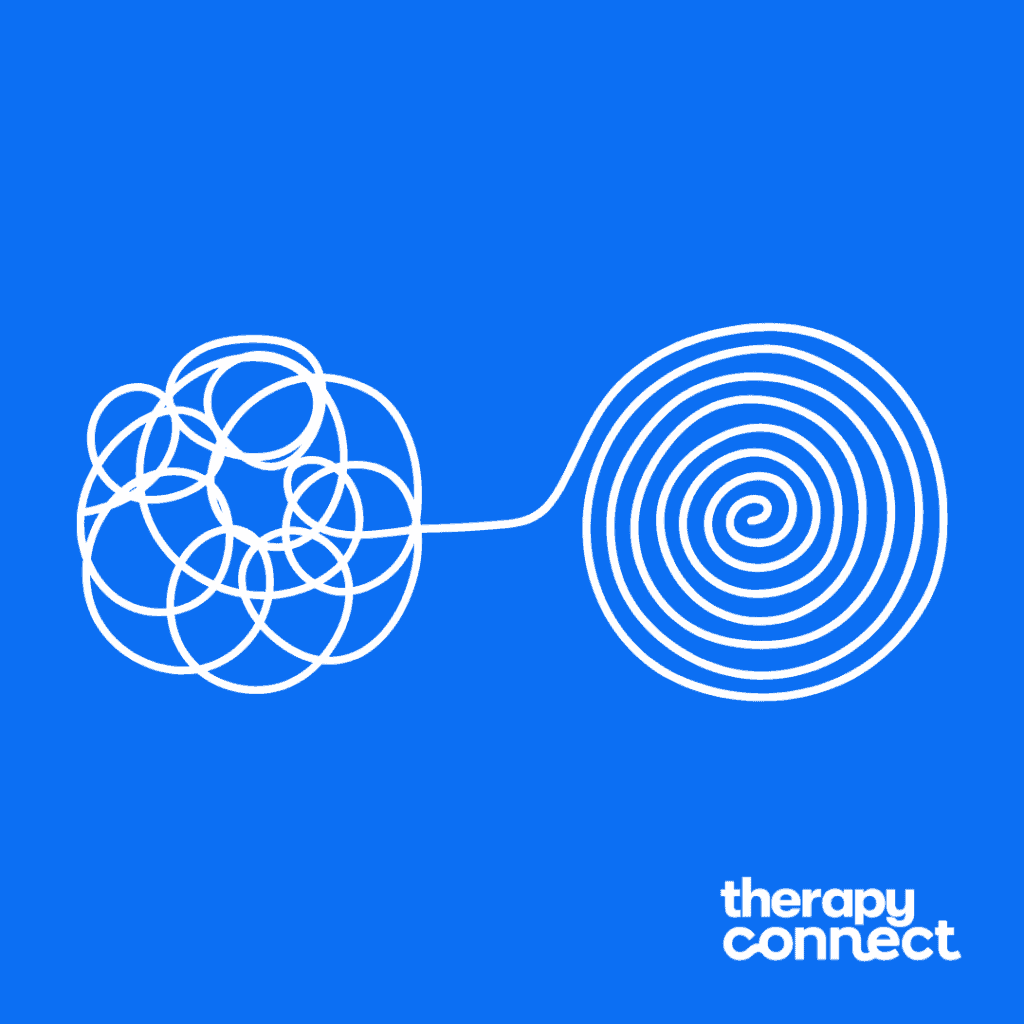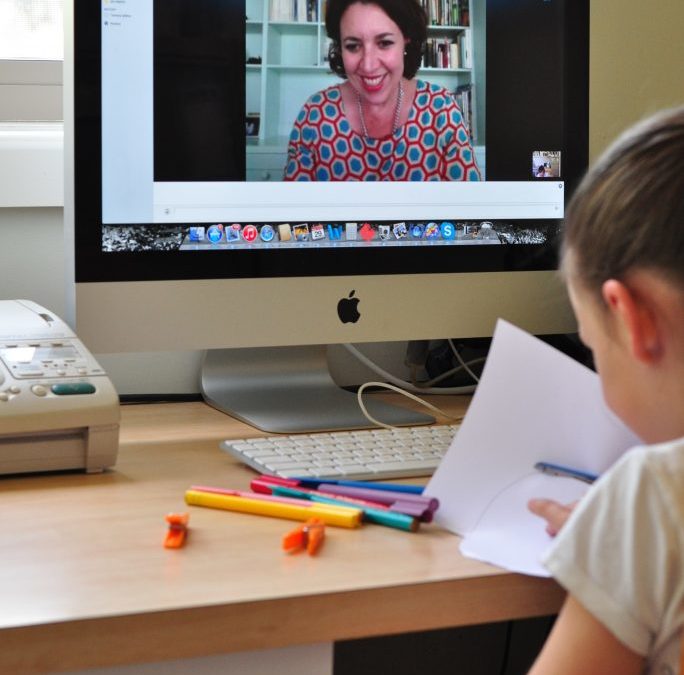At Therapy Connect, our team are strongly committed to staying up-to-date with the latest research, tools, and techniques to ensure we deliver the highest quality care. Central to achieving better outcomes for our clients are the Communities of Practice, which are dedicated to five therapy areas:
- Trauma Informed Practice
- Neurodiversity Affirming Practice
- Telepractice
- Complex Disability
- Paediatric Feeding Disorders
Understanding Complex Disability
Complex Disability refers to the multifaceted challenges faced by individuals with disabilities and we recognise the health inequalities that accompany it.
In my role of leading the Complex Disability Community of Practice, I delve into the complexities of disability, seeking to understand and support individuals with compassion and empathy. By actively addressing issues of stigma, discrimination, poverty, and barriers within the health system, we aim to enable individuals with complex disabilities to lead more independent, fulfilling lives of their choosing.
Supporting individuals with complex disabilities requires an approach that considers not only the person’s individual needs but also the intricate web of personal, family, and systemic factors surrounding them. At Therapy Connect, we are committed to equipping our therapists to meet the diverse and often challenging needs of clients with complex disabilities across Australia. Here’s how we do it.
The nature of complex disabilities means that clients often experience multiple, overlapping needs that impact their daily lives. We categorise these complexities into three key areas:
- Complex Personal Needs
Individuals may have multiple diagnoses that span various domains, such as disability, mental health, physical health, behaviour support, and education. Cultural considerations, trauma, substance use (AOD), and significant life events also add layers to their personal needs. These challenges require therapists to develop a deep understanding of how these factors interact and influence the individual’s overall wellbeing.
- Complex Family Needs
Families of individuals with complex disabilities may face additional challenges, such as genetic links to the diagnosis, meaning other family members may also have disabilities. Cultural background, trauma history, refugee status, geographical isolation, and the responsibility of caring for ageing parents or other dependents further complicate the family’s situation. Our therapists are trained to recognise these factors and offer holistic, family-centred support.
- Complex System Needs
Often, individuals and families interact with multiple service agencies, each with their own requirements and constraints. For those living in rural or remote areas, access to services can be limited, creating additional barriers. Our therapists are prepared to navigate these system complexities and provide consistent, reliable support, even when the broader system moves slowly or presents obstacles.
Our Approach to Supporting Complex Needs
Therapy Connect’s approach to complex disabilities is underpinned by a set of core practices and values that ensure our therapists are equipped to provide high-quality, person-centred care. These include:
- Faster Access to Therapy – we understand the importance of timely intervention for people with complex needs and that’s why we make sure there’s no waiting for access to therapy services with Therapy Connect.
- Access Across Australia – as Therapy Connect is an online therapy (telehealth) provider, we are able to reach clients nationwide, providing high-quality care no matter where you live.
- Clinical Service Planning at Intake – once a client registers with Therapy Connect, we arrange a Clinical Service appointment with a senior practitioner to confirm your therapy support needs and this enables us to provide tailored support from day one, with a clear understanding of the client’s personal, family, and systemic challenges.
- Multidisciplinary Team Approach – our team of occupational therapists, speech pathologists, dietitians, physiotherapists and psychologists are part of our multidisciplinary team and we work together to provide holistic care for our clients.
- Flexibly Consistent Support – we recognise that the needs of clients and families with complex disabilities can change over time and that’s why we offer a flexible and consistent approach to support, meaning we can adapt to changing needs while providing reliable, ongoing support.
- Ongoing Professional Development – we invest in the continuous professional development of our therapists, to ensure our therapists are always prepared to meet the evolving needs of their clients.
- Person-Centred Practice – above all, we place the individual at the centre of everything we do. Our person-centred practice ensures that therapy is tailored to the unique circumstances, preferences, and goals of each client, promoting empowerment and self-determination.
At Therapy Connect, we recognise that supporting individuals with complex disabilities requires a holistic understanding of the person, their family, and the systems they interact with. Through our comprehensive approach, we empower our therapists to deliver compassionate, effective care that addresses the full spectrum of needs that come with complex disabilities.
Therapy Connect is proud to be a leading provider of online therapy services across Australia, ensuring that no matter where a client is located, they have access to the support they need to thrive.

Katelynd Turner
Katelynd is a Speech Pathologist and Community of Practice Lead for Complex Disability and Trauma Informed Practice at Therapy Connect. Katelynd has 20 years of experience in the disability and out-of-home care sectors, working overseas and in Australia. Her focus is working with children, young people and their families, and the importance of safety, relationships and communication. Katelynd's approach is personalised to every client, strengths based and practical.




